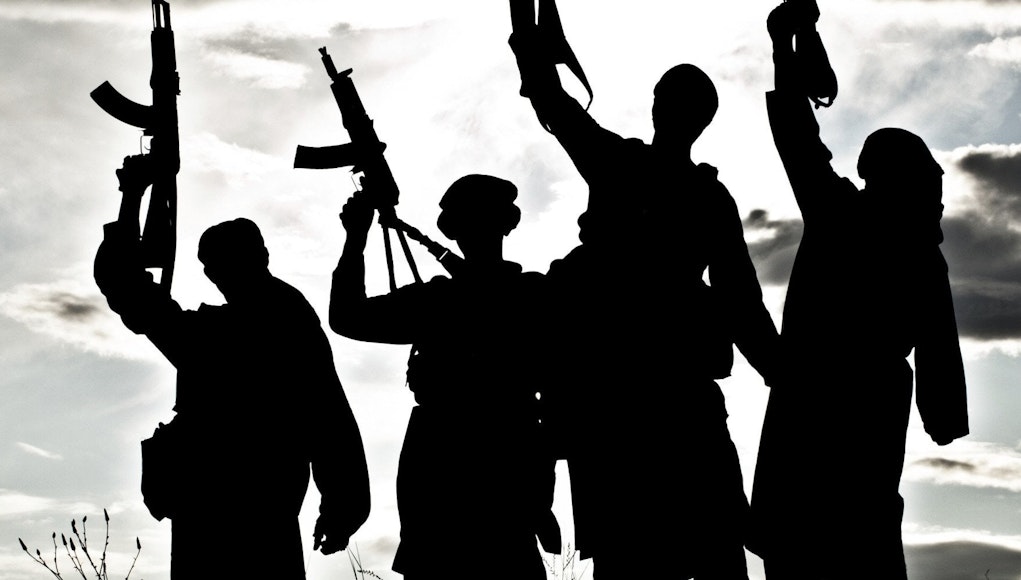
Internet companies who allow the distribution of banned content “should be prepared to face the full force of the law”, Sajid Javid has said, as he called on people to stop watching and sharing the livestream broadcast by a gunman who killed 49 people in Christchurch on Friday.
The British home secretary used an opinion piece in the Daily Express about the massacre to draw attention to the government’s forthcoming online harms white paper. The policy is expected to introduce legal regulation of online publishers and social media, including new censorship rules.

“Online platforms have a responsibility not to do the terrorists’ work for them,” Javid said. “This terrorist filmed his shooting with the intention of spreading his ideology. Tech companies must do more to stop his messages being broadcast on their platforms. “Allowing terrorists to glorify in the bloodshed or spread more extremist views can only lead to more radicalisation and murders. This is the type of illegal behaviour that our new online harms white paper will address.

“Tech companies who don’t clean up their platforms should be prepared to face the force of the law.”The white paper, devised jointly by the Home Office and the Department for Culture Media and Sport (DCSM), was set to be published “in the winter, but publication is still pending. The DCMS has said it will create a framework to “ensure the UK is the safest place in the world to be online”.

It will impose legal restrictions on online platforms covering areas such as children’s data, incitement to crime on social media, anonymity and online advertising. In a meeting with stakeholders and activists earlier this week, the DMCS’s digital secretary, Jeremy Wright, told internet companies “the era of self-regulation is coming to an end”. “Online platforms will have to do more to keep their users safe,” he said. “We will shortly set out the responsibilities of online platforms, how these responsibilities should be met and what would should happen if they are not.”Javid’s comments came as moderation teams at social media companies struggled to stop videos of the Christchurch massacre spreading on their platforms, with users uploading new copies of the footage faster than the sites can remove them.

Tech companies were swift to ban the gunman’s video of the mosque shootings, but difficulties in identifying new copies of the footage, which was initially livestreamed on Facebook, have made the ban difficult to enforce.One version of the video monitored by the Guardian was left live on Facebook for at least six hours. Others were available on YouTube for at least three.Mainstream news media sites including MailOnline, the Mirror and the Sun also hosted edited videos of the same footage, although MailOnline and the Mirror later admitted it had been a mistake and removed the videos.

MailOnline also uploaded the alleged attacker’s full 74-page manifesto to its website, deleting the document after being accused of spreading terrorist material. A spokesperson said: “A link was briefly carried to the gunman’s ‘manifesto’. This was an error and swiftly corrected.”